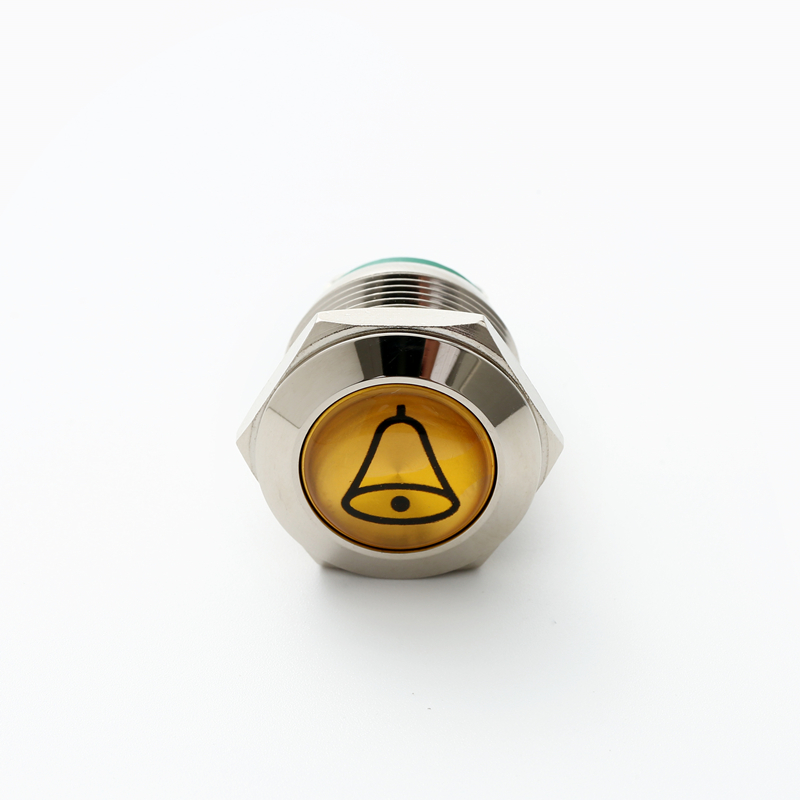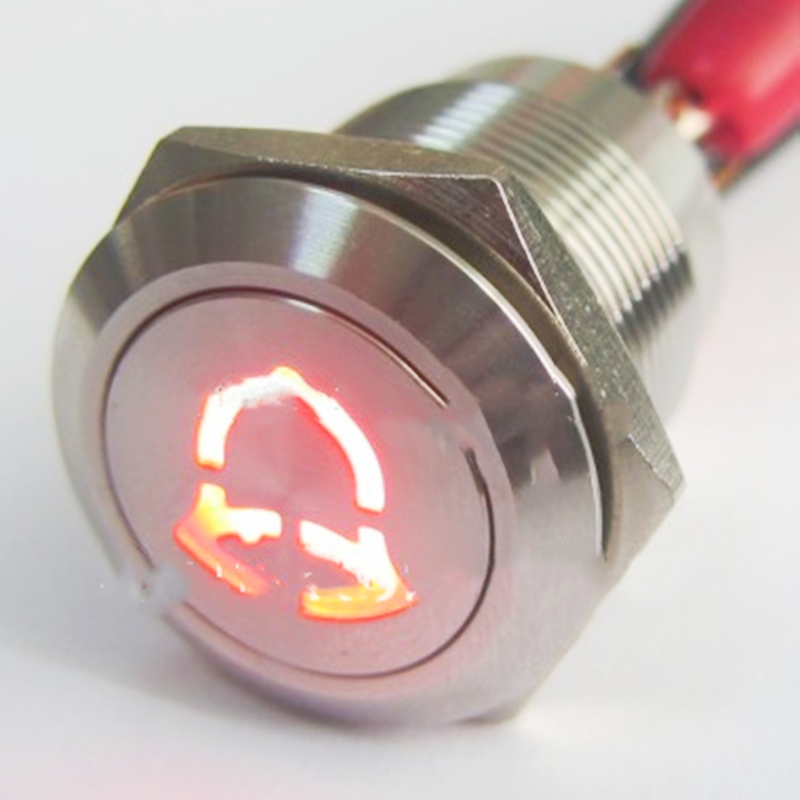In the late 19th century, the human-computer interface caused social anxiety.
door bell. intercom. elevator. Once upon a time, starting in the late 1800s, pressing a button to activate such a device was a strange new experience. The electric button, which today seems like a mundane human-machine interface, was originally a spark that caused surprise, alarm and social change.
As media researcher Rachel Plotnick detailed, there are fears that electric buttons will atrophy human skills. They wondered if such a device would seal the marvels of technology in a black box: “Lightweight, opaque and therefore unquestionable to consumers.” , buttons and buzzers.
“Some feel that users should take a creative look at these objects and understand how they work as part of a broader electrical engineering education,” explains Plotnick. “Others…suggest that pushing a button can help users avoid complicated and time-consuming workflows. These approaches reflect the efforts of various groups to cope with the fear of electricity.”
Electric pushbuttons, essentially switches for electrical circuits, came on the market in the 1880s. Like many technological innovations, they appear in different places and in different forms. Their predecessors were mechanical and manual buttons, such as the keys of musical instruments and typewriters. Before power is applied, the button actuates a spring mechanism or lever.
The word “button” itself comes from the French bouton, which means a bulge or protrusion, to push or push forward. It’s impossible to pinpoint a single source for the buttons, but such interfaces include “inanimate buttons adorning clothes,” writes Plotnik. From 1880 to 1920, hundreds of patents were filed for “electric buttons” or “buttons”.
In the late 19th century, many non-specialists “understood not only electricity, but the buttons they pressed and the relationship between them,” Plotnick said. However, those who promote electricity and sell electronic devices want “simple and hassle-free” button interfaces. They think the world needs to think and fiddle less and more to act automatically. “You push the button, we do the rest” – Eastman’s famous slogan for Kodak cameras – can serve as the slogan of an entire lifestyle.
Ultimately, the idea that electricity is magic will overtake more practical, demystifying methods.
Plotnik quotes an educator and activist as saying in 1916 that pushing a button “seems to save a person from having to take responsibility for what goes on behind the button.” more and more intertwined with our lives.
Post time: Dec-20-2022


